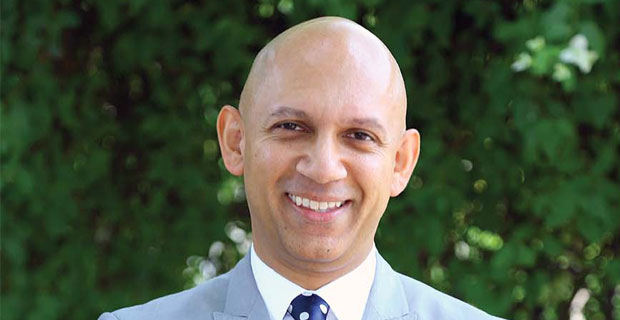“The Canada-India relationship is thriving on several fronts”
Also, since we last interviewed you, Indian Canadians have more than doubled their representation in Canadian Parliament, from 8 to 19. In some ways is this going to bring more robustness and possibilities to the current engagement between the two nations?
Well, let me say three things here. First of all, this is a true reflection of Canada’s multiculturalism, open society, Canada’s diversity. It is a country that anyone can succeed in any domain. Secondly, our new Government has made it a priority to leverage diversity, harness diversity, and value diversity of the population, and that’s cultural, linguistic, religious. It is part of our values. To see 19 Parliamentarians of Indian origin is a record. The most at any one point was 10, and in the previous Parliament, as you say, we had 8. So, it has almost doubled, the most we’ve ever had, which is very significant. And then our cabinet—Prime Minister Trudeau appointed 30 cabinet ministers, 4 of those cabinet ministers are of Indian origin, so more than 10 per cent are of Indian origin. And, of course, 50 per cent of our cabinet is made up of women. So for us diversity includes Indian diaspora, their ethnicities and also women, and we are focusing on that diversity and leveraging that.
It is indeed heartening to see so many women make a mark in Canada’s political scene…
Prime Minister Trudeau made a commitment to do that, and he kept it. And we have a lot of talented Parliamentarians to choose from, so 50 per cent are women. On the Indian diaspora, yes it is quite something. Regardless of the diaspora, India according to our Prime Minister, remains a top priority. It certainly helps that you have knowledge of India, around the cabinet table, around the halls of Parliament. India’s a priority. It is positive overall, it is a reflection of Canada. It is our openness, our multiculturalism that is there before us. We welcomed many refugees from Syria, so all of it points to this inclusiveness, this harmony. It is welcoming, which I think is a testimony to Canada. We do not see that too much broadly around the world these days.
The Komagata Maru incident was a watershed moment in Canada-India relations. Prime Minister Trudeau recently said that the Sikh community deserves a full apology for the incident that happened over 100 years ago. What significance does such an apology hold in the context of the presence of a large number of Sikh families in Canada?











Comments.